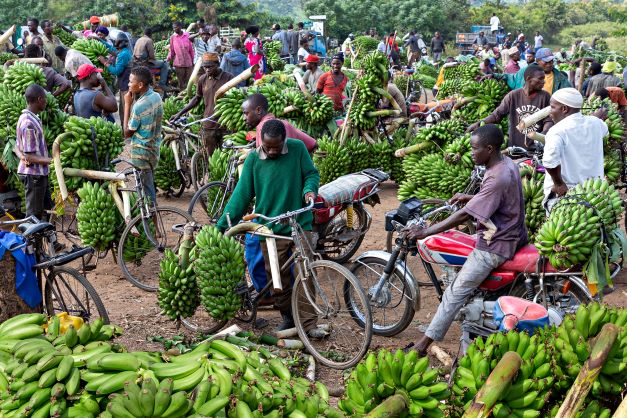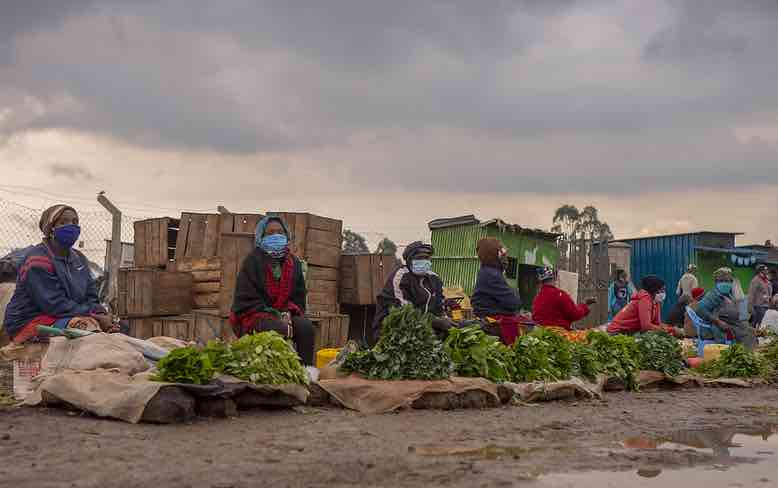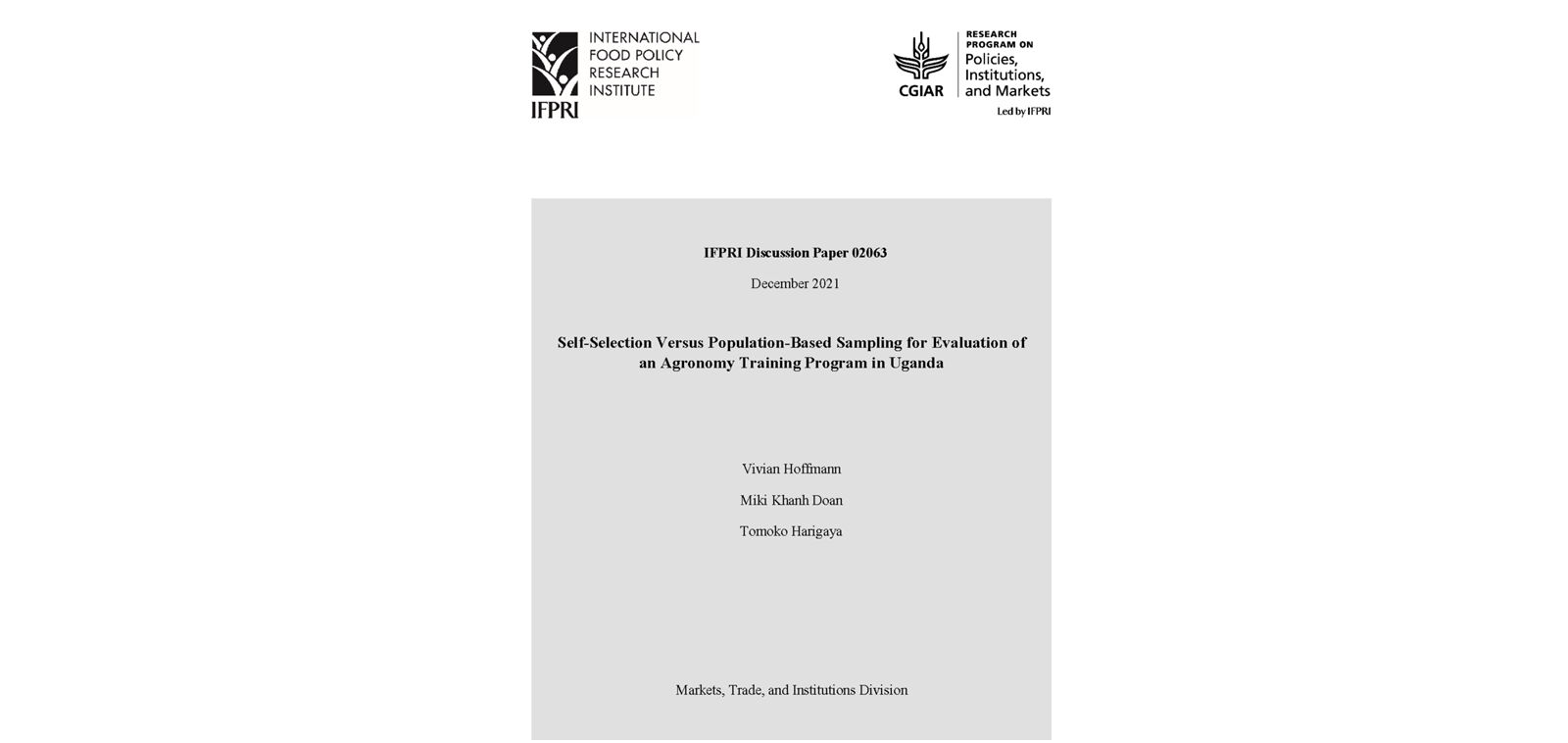A challenge to evaluating the impact of agronomy training programs, particularly on downstream impacts such as yield, is the identification of a sample with sufficiently high take-up propensity. We assess the effectiveness of screening farmers for their interest in a coffee agronomy training program based on participation in a pre-training activity designed for this purpose.
The screening activity was designed to appeal to the same farmers targeted by the agronomy program, while having minimal impact on that program’s goal of increasing coffee yields. A three-session training on farm business management was conducted in 22 study villages in central Uganda. Coffee agronomy training was then offered in half of these villages, based on random assignment. 52 percent of coffee farmers self-selected through their attendance of business training subsequently attended agronomy training, compared to 22 percent of those identified through a census.
Applying these results to the design of a large ongoing RCT, we find that use of a self-selected sample reduces the minimum detectable effect of agronomy training on coffee yield to 15.83%, compared to 38% if population-based sampling were used.
For more information please click in the link below.




